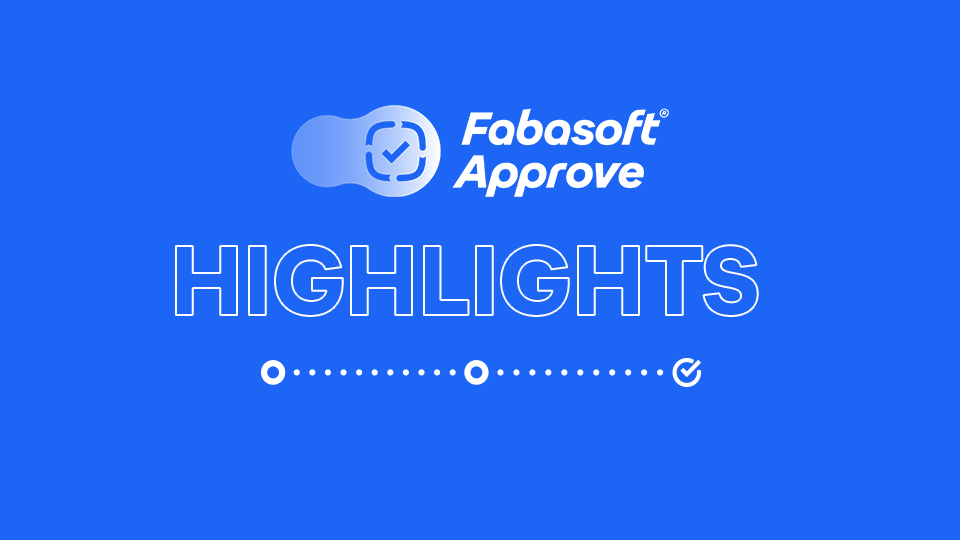The European Supervisory Authorities (ESAs) have announced a postponement of the submission deadline for the registers of information to April 30, 2025*. One of the reasons for this is the delay in finalizing the technical implementation standards (ITS). Many financial companies are likely to welcome the extension. In particular, the EU-wide “dry run” - the test run to create the register of information - has shown how complex the register is and how time-consuming it is to create and maintain manually. With the right digital tools, financial companies can meet their reporting obligations by the new deadline in a complete and resource-efficient manner.
The attempt to implement the register of information using Microsoft Excel proved to be a misstep for many - which was also confirmed by those financial companies that completed the dry run of the ESAs. The test run provided the opportunity to create an initial version of the register of information and submit it to the authorities. A useful chance to visualize the current status of one's own processes and the associated tasks. In addition, the test run brought to the surface relevant detailed questions that now need to be clarified internally and with the authorities. While in Austria several hundred companies took part in the trial, the majority of the German financial sector, with only 44 participants, did not take advantage of this valuable experience. This could be a considerable disadvantage in the final preparation phase.
Automating outsourcing processes with smart software
The register of information provides an overview of all ICT services that a financial company procures from third-party providers. It consists of fifteen different tables, the contents of which are interlinked at numerous points. Until now, most companies have relied on conventional spreadsheet programs to create reports, which require data fields to be filled in manually. If a certain detail changes, those responsible have to correct it individually at each point. The result: an enormous amount of processing work as well as transmission errors and inconsistencies. With smart software that specializes in DORA, such as Fabasoft Dora, the required register of information can be generated at the touch of a button. If all relevant information is recorded digitally right from the start, this enables the automation of a supplier's entire outsourcing process and all subsequent activities. The data is automatically transferred from the digital files to the prepared report.
The basis for this is largely information from the existing contracts with the ICT service providers. For example, all relevant details about the supplier, the specified service, the subcontractors involved and much more. The system also automatically calculates content from existing data. The result is a constantly synchronized, digital register of information that can be exported in the required data format and easily shared with the authorities. This saves valuable resources, increases transparency, minimizes risks and ensures that information is available at all times.




